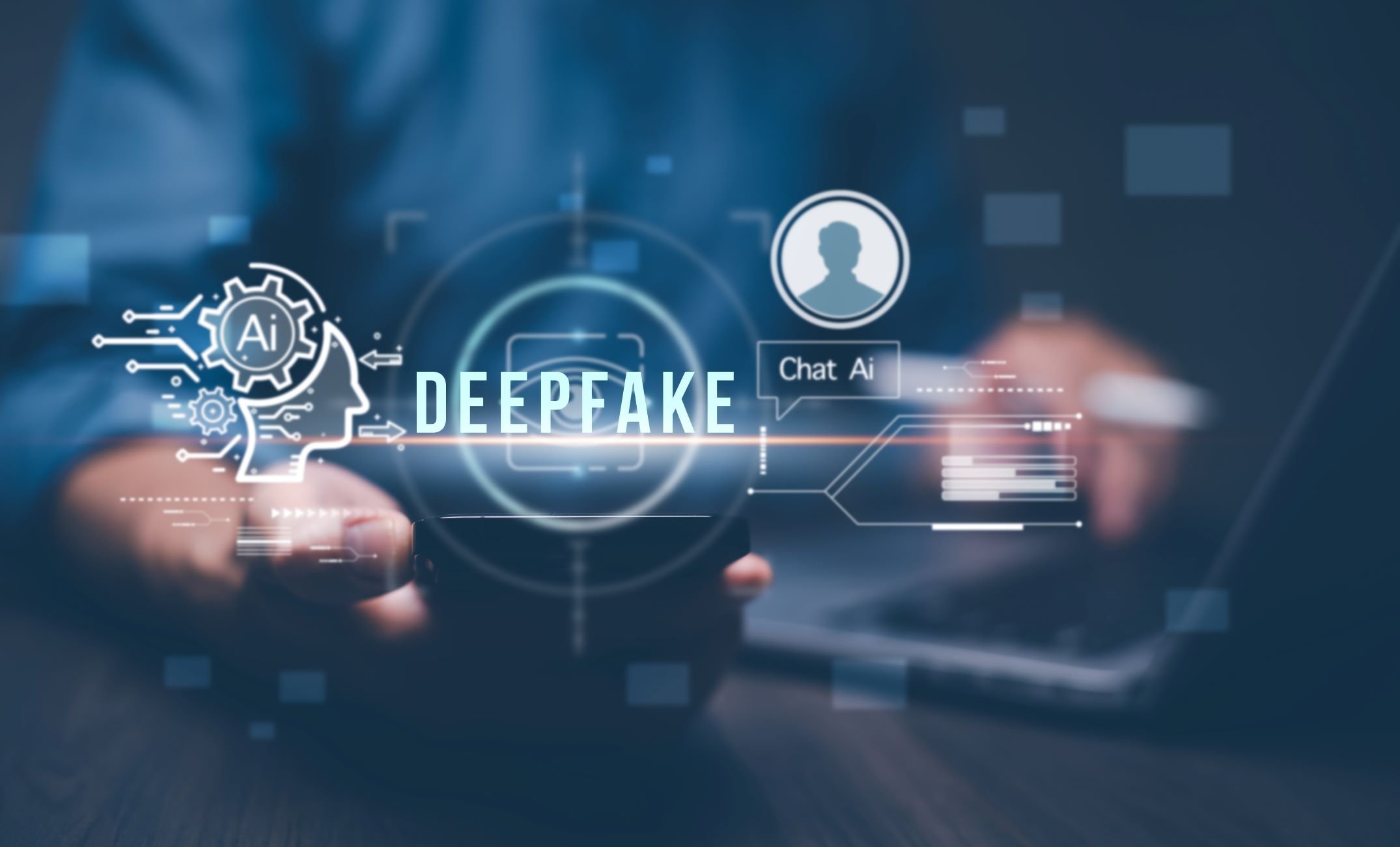As we celebrate World Password Day on May 1st, it's clear that traditional password tricks—like swapping "a" with "@" or adding an exclamation point at the end—are no longer fooling hackers. In an age where generative AI and machine learning power cyberattacks, password-cracking tools have become more sophisticated, making these outdated techniques ineffective.
Darren Guccione, CEO and co-founder of Keeper Security, puts it best: "The more we rely on predictable behavior, the easier we make it for attackers to breach our accounts." Hackers today can guess common patterns and character swaps in mere seconds, leaving those "clever" passwords vulnerable. It's time to move beyond these outdated methods and adopt stronger security practices.
The evolution of passwords: from complexity to innovation
Over the years, we've seen significant changes in how we handle passwords. Password managers have surged in popularity, enabling users to create and store complex passwords without the hassle of remembering them. Multi-Factor Authentication (MFA) has also become a staple, adding an extra layer of security.
But while these tools are an improvement, there's more to come. According to Kelvin Lim from Black Duck, the future of passwords is moving towards passwordless authentication. Apple, Google, and Microsoft are already paving the way for passkey authentication, eliminating the need for passwords entirely. Passkeys, often used with biometrics like fingerprint or facial recognition, offer a far more secure and user-friendly way to access accounts, with less risk of being phished or compromised in a data breach.
However, we're not there yet. For the foreseeable future, passwords will remain a primary authentication method, but they're increasingly supplemented with biometric checks, MFA, and password managers.
Boris Cipot of Black Duck explains, "Although we hear a lot about the imminent evolution of passwords, we're still seeing many services rely solely on them. The shift to alternatives will take time."
Why stronger passwords matter more than ever
While the future looks promising, passwords aren't going away just yet. And let's face it, many of us still struggle with strong password practices. From reusing passwords across multiple sites to opting for easy-to-crack combinations, weak password habits are alarmingly common.
Chad Cragle, CISO at Deepwatch, highlights that the average person manages around 255 passwords between personal and professional accounts. But don't let that overwhelm you. Small steps can make a significant impact on your security:
-
Use complex passwords with a mix of upper and lowercase letters, numbers, and symbols.
-
Avoid storing passwords in plain sight. No more relying on sticky notes around your desk.
-
Enable MFA wherever possible to add a layer of defense.
-
Use a password manager to store and encrypt your credentials securely.
Thomas Richards from Black Duck reminds us, "Following good password hygiene is just the first step. Adding layers like MFA is essential in today's digital world."
Securing the devices that hold your passwords
In today's mobile-first world, the devices where we store our passwords are just as crucial as the passwords themselves. Cybercriminals target mobile devices through tactics like mishing (mobile phishing), so securing your smartphone is crucial. "Passwords are only as strong as the device they're stored on," says Kern Smith from Zimperium.
To stay ahead, organizations must implement mobile-specific protection that detects and stops threats before they can compromise sensitive data. Strong passwords aren't enough if your devices are left unprotected.
The bottom line: Password Day is about action, not just awareness
This World Password Day, it's time to move beyond simple awareness and into action. While generative AI-driven hacks are rising, we can take proactive steps to stay secure. Whether it's upgrading to MFA, adopting passkeys, or simply following good password hygiene, every effort counts.
So, let World Password Day be your turning point. Embrace the future of password security, because when it comes to protecting your digital life, there's no such thing as being too prepared.
Follow SecureWorld News for more stories related to cybersecurity.




